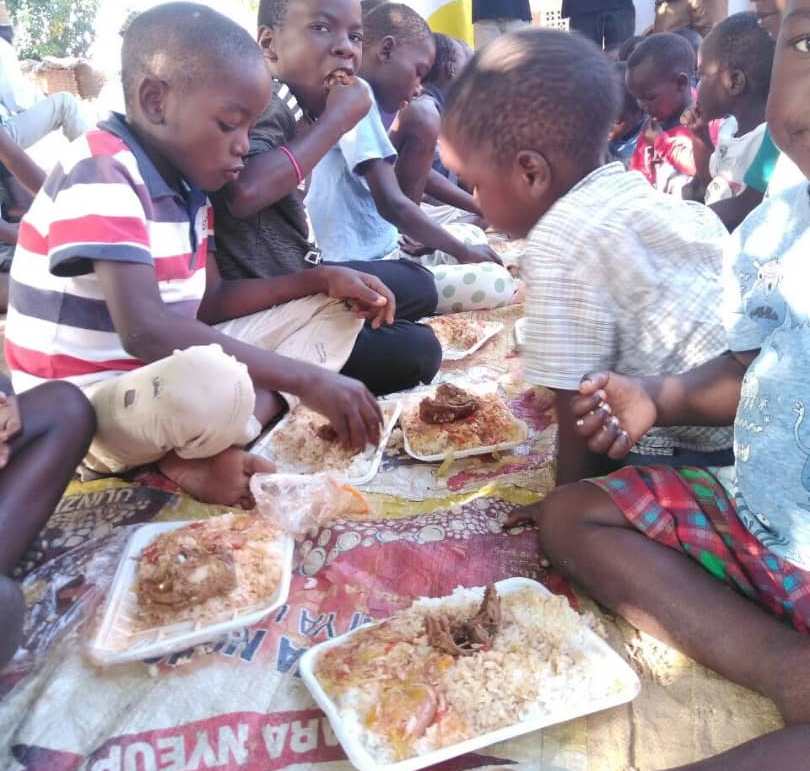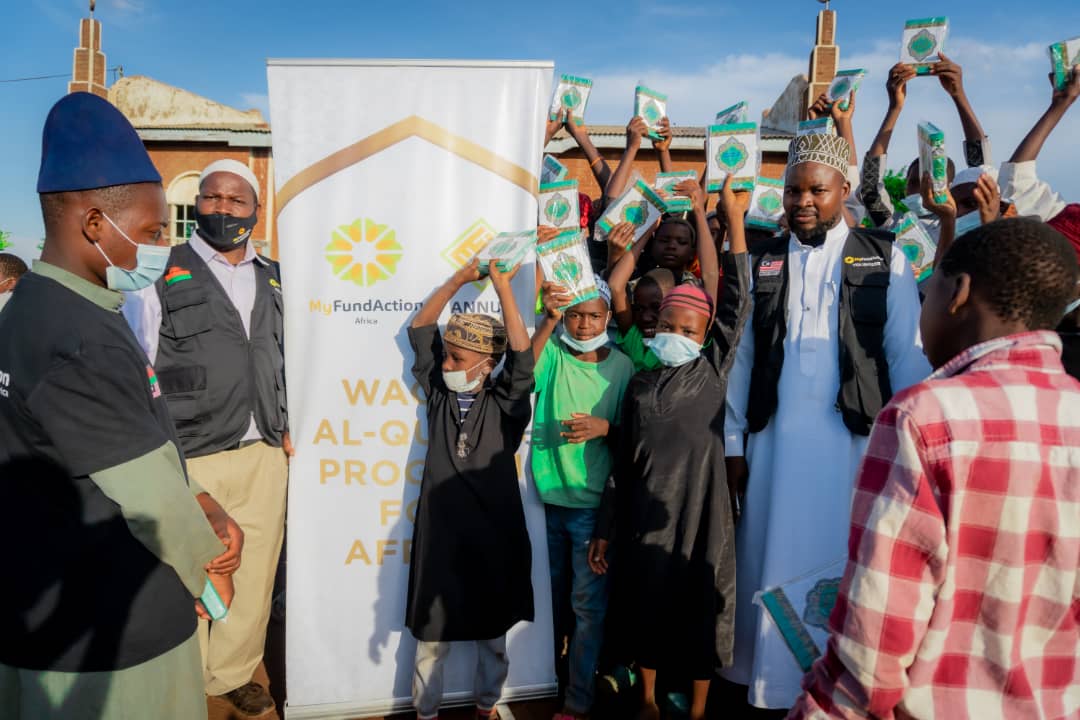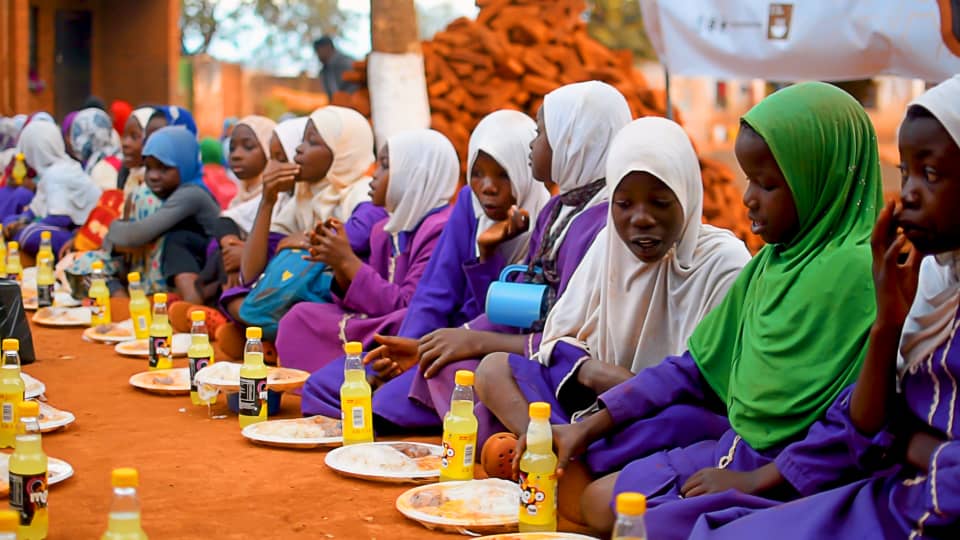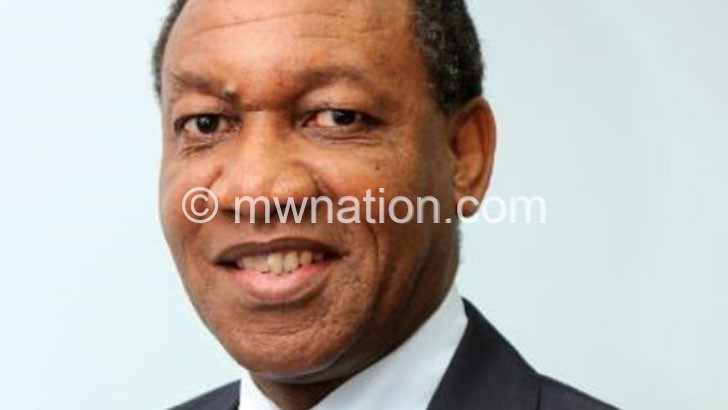Catholic men talk entrepreneurship
While most men would prefer spending their time watching football and patronising drinking joints, Catholic men under the banner Catholic Men Organisation (CMO) from St. Patrick’s Catholic Parish in the Archdiocese of Lilongwe last Sunday spent time discussing entrepreneurship at a get-together dubbed ‘Macheza a abambo’ (men’s chat).
More than 100 men, including Vice-President Saulosi Chilima, who is a member of the organisation at St. Patrick’s Parish attended the event. St Patrick’s parish priest Fr. Maxwell Kubalasa also attended the function whose guest speakers were Welford Sabola and Augustine Bobe.
The aim of the gathering was to motivate, encourage one another and also look at challenges related to entrepreneurship as Catholic men.
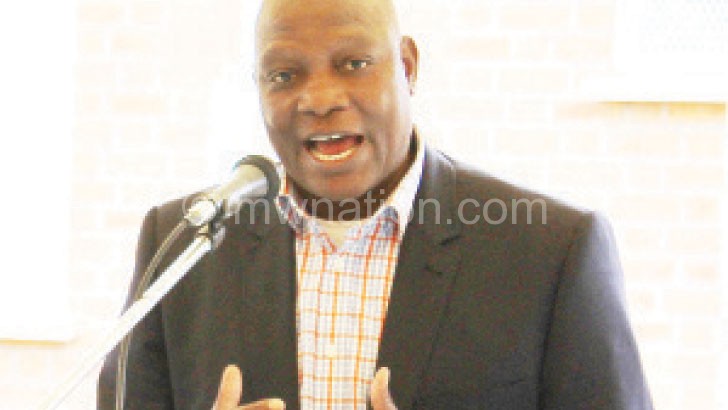
another barrier
According to Bobe, owner of Lilongwe Academy, entrepreneurship is one aspect that Catholic men should consider venturing into as one way of improving their individual and the country’s socio-economic status.
He said both sole and partnership businesses are good, but rather opted for partnership, saying it offers room to share ideas and professionalism at all times.
“Doing business on your own, yes is good because you accumulate all the profits as an individual, but the risks are so huge and the best way forward is to do joint businesses,” he said.
He said challenges are there in every business, especially when you are venturing into it for the first time, but persistence in every business is crucial for its success.
On his part, Sabola, an indigenous Malawian who is into tourism, construction industry, material supply and property development said the development of the country needs the active participation of indigenous Malawians.
“This can best be done and achieved if many Malawians can take the challenge to venture into entrepreneurship and establish their own businesses,” said Sabola who is chairperson and managing director for Wamkulu Trust, owners of Wamkulu Paris.
Sabola, however, decried that most Malawians fear to venture into businesses because there are no deliberate policies put in place by government to promote indigenous Malawian enterprises.
“It is sad to say that indigenous Malawians are marginalised in the award of business opportunities, tenders and contracts, acquisition of land and provision of tax incentives. Access to finance is another barrier for indigenous Malawians to mobilise capital for the operation of businesses,” said Sabola.
He said foreigners, or Malawian citizens of foreign origin, are the ones being favoured, saying they are easily supported and find life easy to do business in Malawi and they progress.
Contributing to the discussion, Chilima said patriotism, integrity and honesty is what is lacking in most of Malawian business persons, which is a cultural problem, hence people, including indigenous Malawians must have a changed mindset.
“For instance, the cultural issue of not repaying loans from banks and other lending institutions is a big challenge in this country. Similarly, you find a Malawian indigenous person failing to deliver in a contract awarded either by government or private institution, which is one setback to be trusted on,” said Chilima.
He then commended the Catholic men for spending their time discussing important issues that are crucial to the development of Malawi. He urged other men to emulate what the Catholic men have done.
Meanwhile, CMO chairperson, Dalitso Sambo says plans are underway to have as many gatherings as possible to discuss pertinent issues that affect men at large. n


